Choosing the Right Business Structure: A Guide to Entity Types
Starting a business is an exciting journey, but before you dive into operations, it’s crucial to select the right legal structure. The entity type you choose impacts your liability, taxes, and compliance requirements. Below, we break down the most common business entities to help you make an informed decision.
Sole Proprietorship
A sole proprietorship is the simplest business structure, ideal for individuals starting out on their own. It requires minimal paperwork and offers complete control to the owner. However, it does not provide liability protection, meaning your personal assets could be at risk if the business incurs debt or legal issues.
Pros:
Easy and inexpensive to set up
Complete control over business decisions
Simplified tax filing (income reported on personal tax return)
Cons:
No liability protection
Harder to raise capital
Business ceases upon owner’s death
Partnership
A partnership is a business owned by two or more individuals. There are two main types:
General Partnership (GP): All partners share responsibility for the business’s debts and obligations.
Limited Partnership (LP): Includes both general partners (who manage the business) and limited partners (who invest but have limited liability).
Pros:
Easy to form with shared decision-making
Pass-through taxation (profits and losses reported on personal tax returns)
More access to capital than a sole proprietorship
Cons:
General partners are personally liable for business debts
Potential conflicts between partners
Limited life span (dependent on partnership agreement)
Limited Liability Company (LLC)
An LLC is a popular choice for small businesses because it offers liability protection without the formalities of a corporation. Owners (members) can choose how they want to be taxed, either as a sole proprietor, partnership, or corporation.
Pros:
Limited liability protection
Flexible tax options (pass-through or corporate taxation)
Fewer compliance requirements than a corporation
Cons:
May require more paperwork and fees than a sole proprietorship or partnership
Varying state laws and requirements
Self-employment taxes may still apply
Professional Limited Liability Company (PLLC)
A PLLC is a specialized form of an LLC designed for licensed professionals, such as doctors, lawyers, and accountants. While it provides liability protection, it does not shield members from malpractice claims.
Pros:
Limited liability protection for business debts
Pass-through taxation
Suitable for professionals requiring state licensing
Cons:
Members remain personally liable for malpractice claims
Subject to state-specific regulations and requirements
Corporation (C-Corp and S-Corp)
Corporations are separate legal entities from their owners, providing strong liability protection but requiring more formalities and regulations.
C-Corporation (C-Corp)
A C-Corp is ideal for businesses planning to scale or seek investors. It allows for unlimited shareholders and offers more opportunities to raise capital.
Pros:
Strong liability protection
No limit on the number of shareholders
Easier to attract investors and raise capital
Cons:
Double taxation (corporate profits taxed, then dividends taxed again at the shareholder level)
Complex regulatory and compliance requirements
Higher administrative costs
S-Corporation (S-Corp)
An S-Corp is a special tax designation that allows a corporation to avoid double taxation by passing income directly to shareholders.
Pros:
Limited liability protection
Pass-through taxation (no corporate tax)
Avoids self-employment tax on distributions
Cons:
Limited to 100 shareholders
Shareholders must be U.S. citizens or residents
More rules and restrictions than an LLC
Nonprofit Organization
A nonprofit is a tax-exempt entity designed for charitable, religious, educational, or social causes. These organizations must reinvest any profits into their mission rather than distributing them to owners or shareholders.
Pros:
Tax-exempt status (if qualified under IRS 501(c)(3) or other applicable sections)
Limited liability protection
Eligible for grants and donations
Cons:
Strict compliance and reporting requirements
No profit distribution to owners or board members
Must adhere to a defined mission and purpose
Which Business Entity is Right for You?
Choosing the right entity depends on several factors, including your industry, financial goals, and risk tolerance. If you’re looking for simplicity, a sole proprietorship or partnership may be sufficient. If you want liability protection with flexibility, an LLC is a great choice. For licensed professionals, a PLLC may be required. For those seeking to scale or attract investors, a corporation might be the best option. If your mission is charitable or nonprofit in nature, forming a nonprofit organization could be the right path.
If you’re unsure which entity suits your business, consulting with a business attorney can help you navigate the legal and tax implications to make the best decision. Contact us at Obsidian Ridge Law to discuss your options and set your business on a strong legal foundation.
